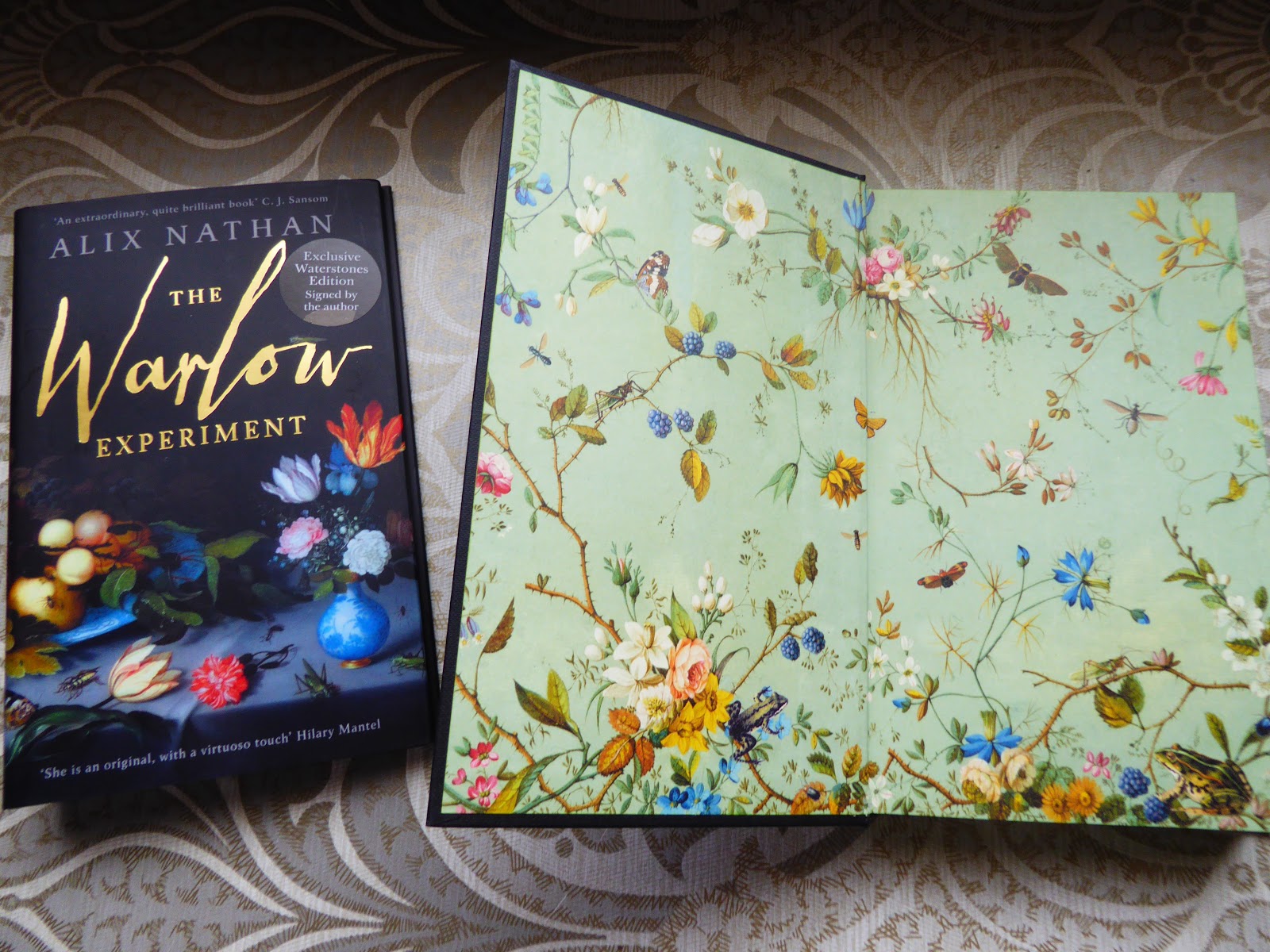The Warlow Experiment by Alix Nathan
Serpent's Tail
Pp. 276
This novel is based on the true
story of an eccentric Victorian gentleman, Herbert Powyss, who conducted an
experiment; he placed an advert in a newspaper asking for a man to volunteer to
be placed in isolation in his cellar for seven years with ‘every convenience
desired’ but ‘without seeing a human face’. John Warlow was the only person who
answered the advert, ‘a semi-literate labourer with a wife and six children to
provide for’. Alix Nathan imagines how this experiment might have worked, or
not, and she has created a rich novel of mental manipulation. She imagines that
Powyss wants to see how a mind would cope without social contact and write up
his findings to present to the Royal Society.
Powyss is typical of his era in
that he likes to collect and catalogue things. He imagines that a human would
be no different to his plants, “where so often he’d exerted order and
precision, used good sense and experience, where reason had ruled”. Many of the
metaphors are flora-related; he also hangs paintings on his walls of the Dutch
masters and the cover of the book is a Flemish Vanitas image with fruit and
flowers surrounded by insect life. Even the endpapers are glorious depictions
of wildlife on wallpaper, representing both the care with which Powyss took to
furnish Warlow’s underground apartments, and the never-ceasing ecological
effects of co-existence.

No comments:
Post a Comment